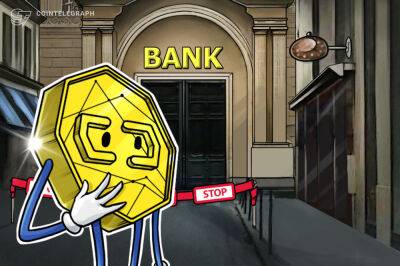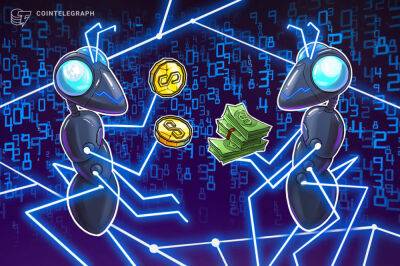P2E game eliminates high-cost barriers for new players to participate in next-gen gameplay
In many ways, cryptocurrencies were designed to be an equalizer, a characteristic likened to the asset’s abilities to promote financial inclusion. Similarly, nonfungible tokens (NFTs) were designed to accomplish the same mission of equality, only across industries such as art, real estate and gaming. Unfortunately, despite these lofty goals, the early use of NFTs has unintentionally introduced new forms of inequality.
Consider the gaming industry, for example. Conventional NFT games have introduced the concept of rewarding players as members of a community-built ecosystem. The intention of many developers was to allow gamers to earn fair compensation for their efforts and redistribute power from major corporations to players. In reality, these games are subject to high barriers to entry, making it difficult for players to participate in these ecosystems.
Since most of the players lack the funds to start or try out these games, many end up relying on the help of investors or communities for sponsorship; in exchange for doing so, the player would be required to split a portion of their profits with the investor. The need for an investor introduces the world to an entirely new intermediary and increases inequality, as sponsors are now eating up a significant portion of a player’s earnings.
Addressing this market-wide concern is ETHEKing, a metaverse game built on the Binance Smart chain (BSC) blockchain network. The game, which incorporates NFT technology, was launched to cut out this middleman, shifting the power from the investor into the hands of the hardworking players who earned the funds in the first place.
“Strategy games usually attract smart and hardworking players who put in long hours into the game. We want to
Read more on cointelegraph.com





















